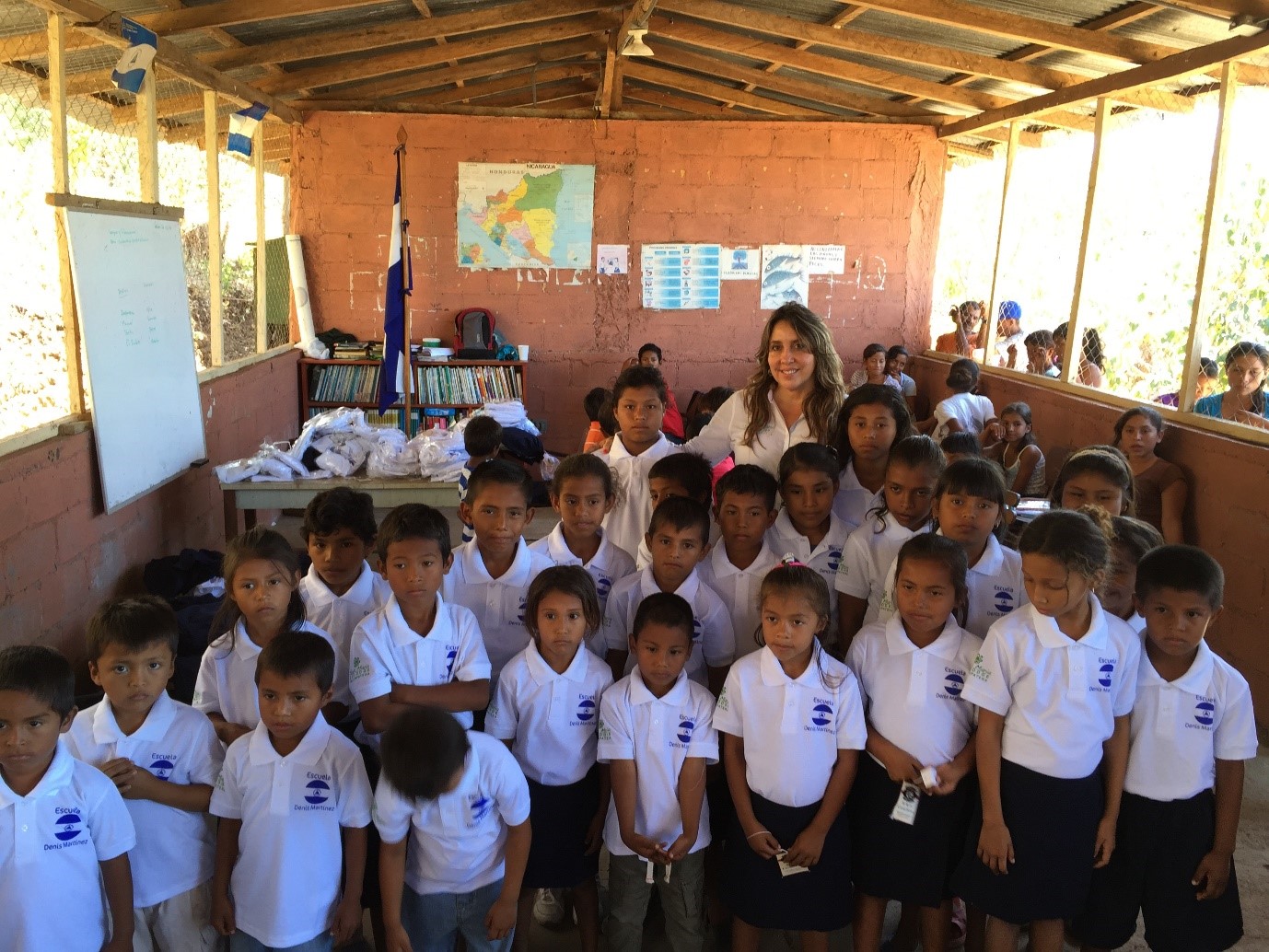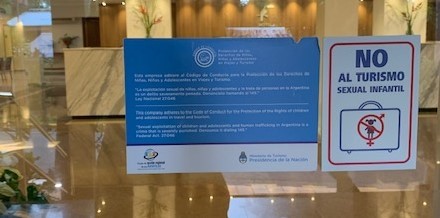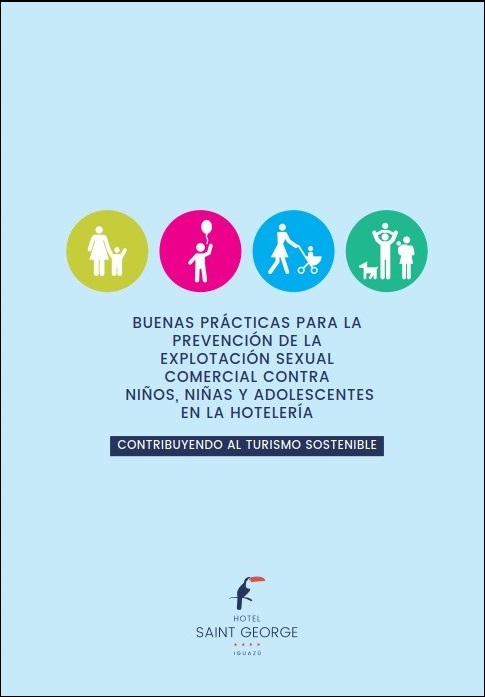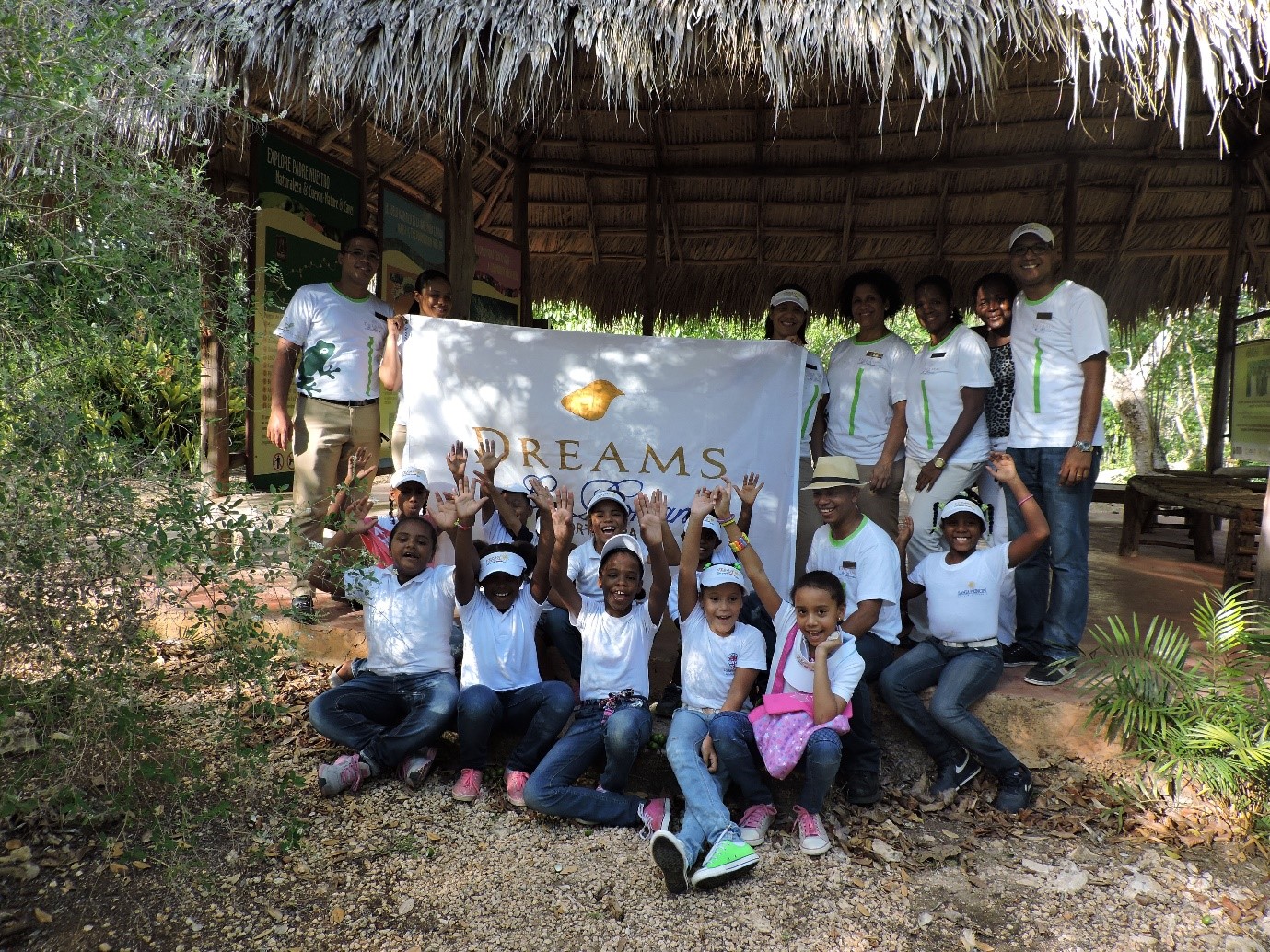World Tourism Day special: Exploring the impacts of responsible tourism
“Tourism and Jobs: A better future for all”, is the theme of this year’s World Tourism Day; and at NEPCon, we would like to commemorate it by highlighting the various impacts of responsible tourism of NEPCon certified businesses.
Impact tourism, as defined by the Center for Responsible Travel (CREST), is “making strategic contributions of time, talent, and treasure to social and environmental projects in destinations. This includes tourism businesses, travelers, and organisations in partnership with host communities.”
All tourism businesses certified against NEPCon Sustainable Tourism Standards are committed to forming strategic and sustainable partnerships with host communities, aimed at bringing positive impact in various aspects.
We spoke to some hotel owners and operators, and they shared benefits of responsible tourism initiatives, including but not limited to, improving access to education for future generations, creating more employment opportunities, and protecting children and adolescents from exploitation.
Tourism as a driving force for poverty alleviation and job creation
The travel and tourism industry is one of the world’s biggest employers. According to World Travel & Tourism Council’s (WTTC) research, the industry provided 319 million jobs, or 10% of total employment, in 2018. The statistics show the industry accounts for one in every ten jobs on the planet.
Santa María Ecolodge & Spa located at Isla Zapatera National Park, on Lake Nicaragua in Granada, has been certified against NEPCon Sustainable Tourism Standards since 2014.
The ecolodge has been and remains committed to creating employment opportunities for locals. It started in 2008 when Katia Córdova decided to open the ecolodge at La Casona (translated as The Big House), the main house of her family’s coffee farm.
Katia believes that besides creating employment opportunities, tourism can also generate income for the local Santa María community. She kick-started this initiative by providing training for future employees of the ecolodge. The training was time-consuming and it required hard work and close cooperation with the community members. However, she believes that it is important to invest in employees to help them realise their true potential and what they are capable of.
The ecolodge has seven rooms with a unique yet luxurious concept that blends with the environment. Currently, this accommodation provider employs seven people from the community. It also provides indirect employment by engaging logistic, laundry and maintenance services offered by locals.

The ecolodge is committed to giving back to society by providing access to education for children from local communities. Santa María Ecolodge & Spa provides support to the Denis Martinez School, built by the Córdova family in the Santa María community 20 years ago. In addition to free education, the lodge also provides one meal a day for 70 students from all communities. Some ecolodge staff are former students from this school.
“Sustainable practices and people go hand in hand. You cannot stay in Isla Zapatera, rich in natural resources, and not take care of it and its host communities. Communities must be given a chance to come out of poverty and providing income and education opportunities is the way to do it,” says Katia.
Katia appreciates the history and culture of Isla Zapatera. It inspired her to build Aula Arqueológica (translated as Archeological Classroom). Today, this space displays replicated archaeological pieces from the Chorotega culture. All earnings from Aula Arqueológica – entrance and other miscellaneous fees - collected from visitors, are channeled back to the school.
Better protection for children and adolescents against sexual exploitation
Responsible tourism requires various stakeholders including operators and hoteliers, local communities and tourists, take collective responsibility for sustainable tourism future.
Hotel Saint George Iguazu at Puerto Iguazu in Misiones, Argentina assumes responsibility by taking the lead in a local initiative to educate and to take action to prevent any form of commercial and/or sexual exploitation of children and adolescents.

Before they started implementing measures to prevent all forms of child exploitation, many questions came to their minds: Will this create the perception that sexual exploitation of minors happens in Iguazu? How would visitors respond to our measures? Will we lose hotel patrons by implementing a policy with reference to child exploitation?
The hotel started with a simple and clear rule. Visitors who check-in with a minor are required to bring identification cards to prove and/or confirm their relationship. The rule was well accepted by most of their visitors. They supported this rule as it enhances security and provides peace of mind within the hotel and at Puerto Iguazu.
However, in some situations, what happens when an adult cannot prove his or her relationship with the minor? If they cannot check-in Hotel Saint George Iguazu, then, where will they stay? This raises concerns for Hotel Manager Yamila Chemes and the staff.

Through collaboration with the United Nations International Children’s Emergency Fund (UNICEF) Argentina and Argentina’s Tourism Secretariat, the hotel developed a manual of “Good practices in hospitality for the protection and prevention of commercial sexual exploitation of children and adolescents”. This manual is now used in a training programme as a guidance document by receptionists from Hotel Saint George Iguazu when they voluntarily conduct training for peers from other hotels in the area.
Through the programme, participants learn what to do, how to respond and the proper protocol whenever such situations arise. This programme is welcomed by the tourism sector in Iguazu. It also received encouraging responses from those involved in the responsible tourism business.
Participation and commitment demonstrated by hotel owners were key to this programme’s success. “They have a fundamental role, without their conviction and commitment, the programme would not have succeeded. The participation of hotel owners empowers receptionists, and together, they work to implement this prevention plan,” says Yamila.
Seventeen hotels have joined this programme. They expect to extend the programme to involve taxi drivers, national park operators, restauranteurs and other tourism providers. It will also be extended to schools offering tourism courses. It aims to educate, sensitise and empower youth about this issue.
The hotel staff and management want to make of Puerto Iguazu a destination recognised for its initiatives to prevent commercial and sexual exploitation of children and adolescents. This hotel has been certified against NEPCon Sustainable Tourism Standards since 2015.
Incorporating responsible practices, one at a time
Tourism positively impacts the wellbeing of those involved in it, not only at their workplace but also at a personal level. The employees from Dreams Dominicus La Romana Resort & Spa, in the Dominican Republic, are a testimony of that. This resort is certified against NEPCon Sustainable Tourism Standards since 2017 and it is part of a collection of luxury resorts of the leading hotel brand AMResorts.
AMResorts embraces sustainability as a standard that guides all their management systems and Dreams Dominicus La Romana is no exception. The main challenge to make it happen was to change collaborators’ mindset about the meaning of sustainability. But through the leadership of Rubén Caraballo, Regional Standards and Innovation Manager, Dreams Dominicus La Romana, has implemented a number of initiatives in line with AMResorts sustainable management strategy, to help employees understand the true benefits of applying sustainable practices, for the island, their families, future generations as well as for the hotels.
A number of activities conducted by the hotel played a big part in the success of sustainability efforts. One such example was the tree planting activity held during La Semana Verde (translated as Green Week). Employees’ children were invited to participate in this activity. They were briefed on the impact planting tree has on the environment. Rubén says children who have participated in this activity continue practising this at home. They plant trees and other greenery.

The hotel has also held other activities such as monthly environmental sustainability awareness training and events in conjunction with special occasions - Earth Day and the World Environment Day – including recycling competition that involved the hotel employees as well as visitors.
As a result of these planned activities, many staff have now grasped the importance and impact of adopting responsible practices at home as well as within their communities. Some have implemented waste separation systems at home and continue to actively participate in reforestation and recycling activities on the island.
One of the most distinctive activities that has changed and improved the lives of locals is the community development initiative. This initiative provided support for local schools and have also built homes for employees in need. Every year, at least one employee received a new home, fully furnished.
Rubén says, “Sustainability is worth it. It does not only impact staff, it impacts the community as well. For me, it is a great pride to work for the benefit of the people and for a more sustainable world. This has been a learning process and every day has been different, fun and enjoyable. The impact on communities, guests, employees and the local economy has been possible thanks to the commitment of our company and firm steps with clear and consistent rules in our actions.”
Ripple effects of responsible practices
“When one company is truly committed to make a difference, it is like a drop of water that creates a ripple effect; it begins inside the organisation, transforming this commitment into actions that are reflected in the wellbeing of their natural and social environment and the empowerment of their staff as agents of change to make a better world, reaching their families and communities. Then other companies will also join and make the same commitment,” says NEPCon Tourism Specialist, Luz Elena Reyes.
NEPCon Sustainable Tourism Services Manager, Saúl Blanco Sosa says tourism is the sector we shall invest our efforts on. “This sector’s capacity to educate and raise awareness about the importance of preserving our natural resources and our cultural diversity and heritage, is almost unique; and if used properly, is extremely powerful to positively influence people who come in contact with it.”
We all can contribute and make a positive difference through responsible travel and tourism. Whether you are a tourism service provider or a tourist traveling locally or abroad, we can actively participate to generate positive impacts from our tourism activities. Small actions can make big changes.
Featured image by Dreams Dominicus La Romana.




